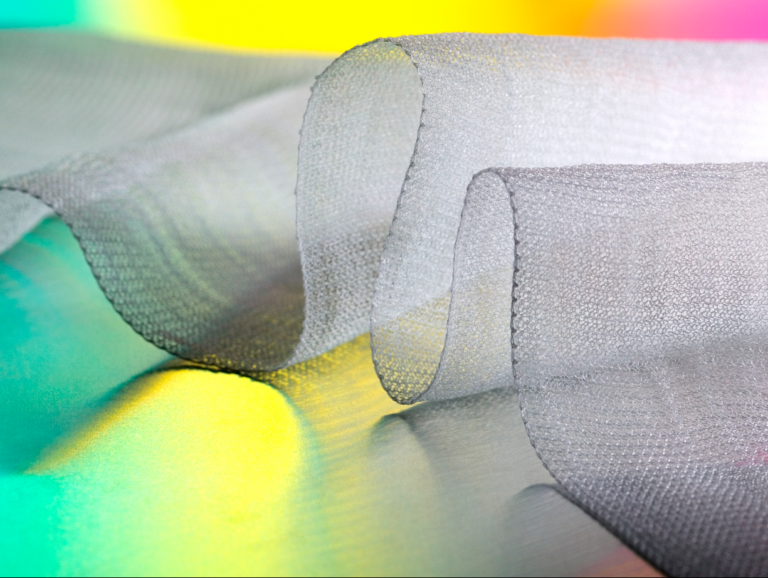Mesh

Mesh refers to a material made of interconnected strands of metal, plastic, or other materials, forming a network of evenly spaced holes. Mesh is used for a variety of applications, including filtration, separation, reinforcement, and decorative purposes. The different types of mesh are categorized based on their materials, manufacturing processes, and specific use cases. Below is an overview of the different types of mesh:
Types of Mesh
1. Woven Wire Mesh
Woven wire mesh is created by weaving metal wires over and under each other in a crisscross pattern, similar to textile weaving. The weaving can produce different patterns, including plain weave, twill weave, and Dutch weave.
- Plain Weave: Each wire alternates over and under the wires running perpendicular to it. This creates a simple and uniform pattern with square openings.
- Twill Weave: Wires pass over and under two or more wires, creating a diagonal pattern. This weave increases the mesh’s strength and durability.
- Dutch Weave: A variation where the warp and weft wires differ in diameter, providing finer filtration.
Applications: Filtration, sieving, security screens, insect screens, and industrial separation processes.
2. Expanded Metal Mesh
Expanded metal mesh is made by cutting and stretching a metal sheet to form a pattern of diamond-shaped openings. The process creates a rigid and durable mesh that is lightweight and has a high strength-to-weight ratio.
Applications: Facade cladding, walkways, platforms, security fencing, and decorative architectural elements.
3. Perforated Metal Mesh
Perforated metal mesh is produced by punching holes in a metal sheet in various patterns, such as round, square, or slotted holes. This type of mesh provides good ventilation and is often used for decorative and functional purposes.
Applications: Ventilation grilles, decorative panels, filtration, and soundproofing.
4. Welded Wire Mesh
Welded wire mesh is made by welding intersecting wires together at their junctions, creating a strong and durable grid. It can be produced in various sizes and wire diameters.
Applications: Reinforcement in concrete, fencing, cages, and industrial shelving.
5. Knitted Wire Mesh
Knitted wire mesh is made by knitting metal wires together, creating a flexible and resilient structure. It is often used in applications requiring elasticity and vibration absorption.
Applications: Filtration, demisters, heat shields, and electromagnetic interference (EMI) shielding.
6. Plastic Mesh
Plastic mesh is made from materials like polyethylene (PE), polypropylene (PP), or nylon. It is produced through extrusion or weaving processes and is valued for its lightweight, corrosion resistance, and flexibility.
Applications: Garden fencing, crop protection, filtration, and packaging.
7. Fiberglass Mesh
Fiberglass mesh is woven from glass fibers and often coated with materials to improve durability and performance. It is resistant to chemicals, moisture, and fire.
Applications: Reinforcement in construction (e.g., drywall, EIFS), waterproofing, and insulation.
8. Stainless Steel Mesh
Stainless steel mesh is made from stainless steel wires, offering excellent corrosion resistance, strength, and durability. It is available in various forms, including woven, welded, and expanded mesh.
Applications: Filtration, sieving, security screens, architectural facades, and industrial processes
